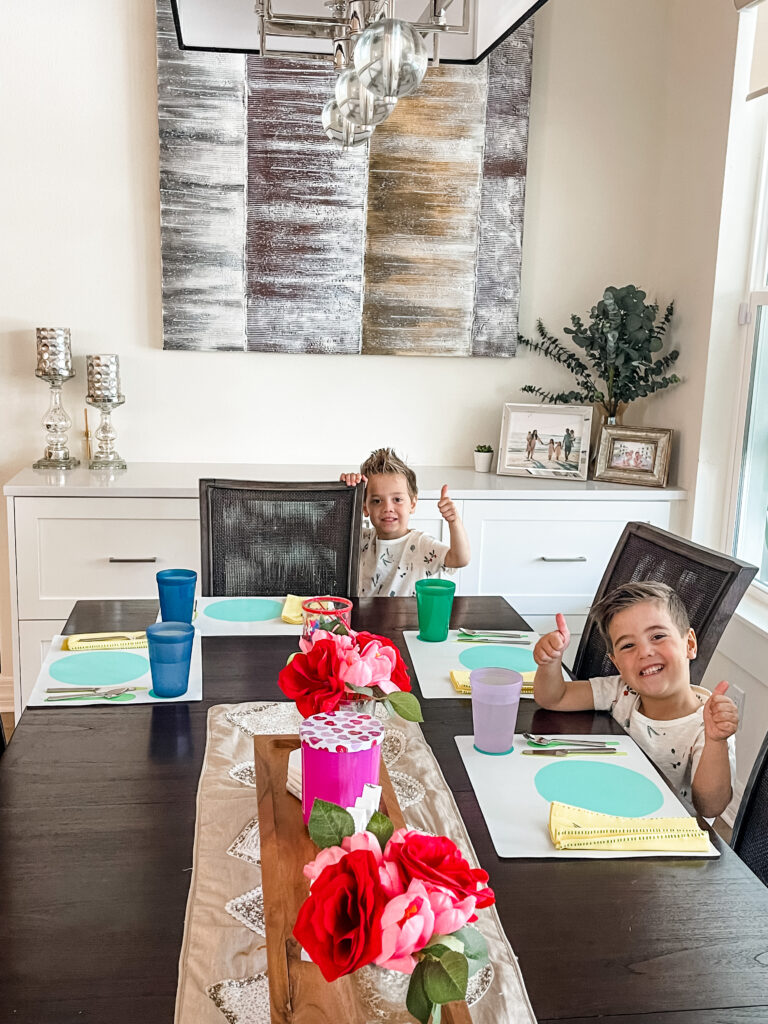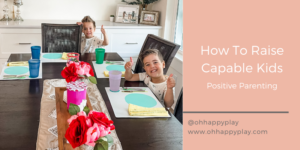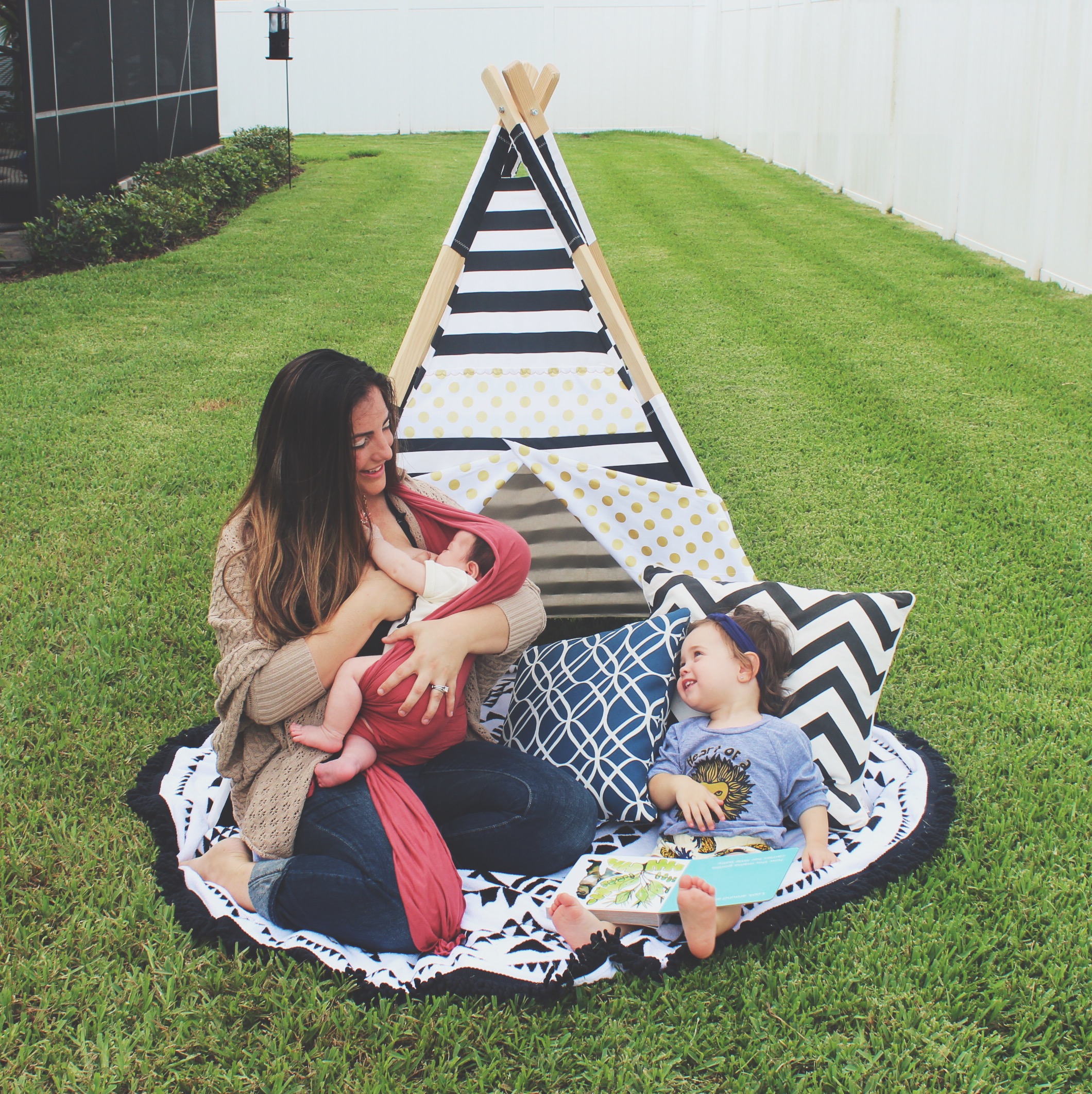Teaching social skills to kids at home can be done via a variety of activities and thankfully, there are plenty of fun activities that do just that. These activities all about how to teach social skills to kids will keep them engaged and make it feel more like a game rather than a learning activity.
I have included 16 fun activities that will help teach your kids social skills at home inside this post, many of which can be done very cheaply or for free!
Before we dive into the social skills activities for kids, let’s chat about what social skills actually look like for young kids.

What Does a Child with Age-Appropriate Social Skills Look Like?
A child with age-appropriate social skills typically demonstrates a well-rounded and confident approach in social situations. They show genuine interest in others and are skilled at engaging in conversation, actively listening to their peers, and taking turns when speaking.
Kids with age-appropriate social skills are considerate and empathetic, able to understand and respond appropriately to the emotions of those around them. These children are often seen initiating interactions with other people, making new friends easily, and demonstrating inclusivity by welcoming others into their social circle.
They are respectful of personal boundaries and express themselves assertively yet respectfully. In group settings, they collaborate effectively, share ideas, and compromise when necessary.
If those things don’t remind you of your child, that is 100% ok. The pandemic led to many children lacking age-appropriate social skills due to the lack of peer influence they encountered over those few years. We’ll dive a bit more into that next.
What Causes Poor Social Skills in Young Kids?
Several factors can contribute to young children having poor social skills. Firstly, a lack of exposure to social interactions and limited opportunities for social play can hinder their development. Aka, the result of the pandemic.
Children who spend significant time isolated or have limited access to peer interactions may struggle to grasp the concepts of social dynamics.
Secondly, environmental factors such as family dynamics, socio-economic status, or community support can play a role.
Children growing up in stressful or unstable environments may find it challenging to focus on social skills development.
Additionally, certain developmental disorders, learning disabilities, or neurodevelopmental conditions like autism spectrum disorder can impact social skill acquisition.
Moreover, children with shyness or anxiety may withdraw from social situations, impeding their chances to practice and improve their social abilities.
Parenting styles can also influence social development; overly permissive or overprotective parenting might restrict a child’s independence and social exploration.
Understanding and addressing these contributing factors can be crucial in helping young kids improve their social skills and fostering healthy social development. But not to worry, even if they’re behind right now, there are plenty of skills to help them get back on track!
How Can I Improve My Child’s Social Skills?
Parents can play a vital role in enhancing their child’s social skills through engaging in social skills-building activities (like the ones listed later in this post).
First and foremost, parents can encourage regular playdates and social interactions with peers to provide ample opportunities for their child to practice socializing in a comfortable and supportive setting.
Structured activities such as group games, team sports, or club participation can also foster collaboration, teamwork, and communication skills.
Role-playing scenarios at home can help the child understand social dynamics better and practice appropriate responses to various situations.
Additionally, engaging in community activities, volunteering, or joining social groups can broaden the child’s exposure to diverse social settings and individuals.
Parents should also actively model positive social behaviors, such as active listening, empathy, and assertive communication, to serve as positive examples for their children. Remember, they learn from the action!
Praising and reinforcing the child’s efforts in social situations, even small improvements, can build their confidence and motivation to continue learning and growing.
With those things in mind, let’s get to this list of ideas on how to teach social skills to kids at home!
16 How to Teach Social Skills to Kids at Home Activities
1. Role-playing
Role-playing with your kids can improve their social skills by providing a safe and controlled environment to practice different social interactions and responses.
Through role-playing, children can develop empathy, perspective-taking, and effective communication skills, which are essential for navigating real-life social situations with confidence and understanding. You can also work on setting personal space expectations through role-playing games.
2. Board games
Playing board games with your kids can improve their social skills by teaching them turn-taking, patience, and cooperation with others.
Board games also provide opportunities for practicing good sportsmanship, handling winning and losing gracefully, and fostering a sense of camaraderie among players, enhancing their ability to engage positively in social interactions.
3. Charades
Playing charades with your kids can improve their social skills by encouraging non-verbal communication and teamwork. It also enhances their ability to interpret body language, express ideas creatively, and work together to achieve a common goal, promoting collaboration and social bonding.
Conflict resolution skills might also come from playing charades with your kids, which is an excellent social skill to grasp!
4. Cooking or baking together
Cooking or baking with your kids can improve their social skills by fostering collaboration and teamwork as they follow recipes and complete tasks. It also provides opportunities for communication, sharing ideas, and problem-solving, which are essential social skills that can be honed in a fun and interactive setting. This is one of the group activities that truly encourages strong social skills!
5. Art and craft projects
Doing arts and crafts with your kids can improve their social skills by encouraging them to share materials, collaborate on creative projects, and communicate their ideas effectively with others. It also provides a platform for expressing emotions and thoughts through art, which can facilitate open discussions and strengthen their ability to connect with others on an emotional level.
6. Puppet show
Doing a puppet show with your kids can improve their social skills by allowing them to practice storytelling and role-playing, which fosters creativity and imaginative thinking.
Through puppetry, children can also develop confidence in public speaking, express emotions, and engage with others, enhancing their communication and social interaction abilities.
7. Reading books
Reading books with your kids can improve their social skills by exposing them to diverse characters and social situations, helping them understand and empathize with different perspectives.
Additionally, discussing the stories and characters together can encourage meaningful conversations, emotional intelligence, and the ability to relate to others, which are essential aspects of positive social interactions.
8. Emotion charades
Playing emotional charades with your kids can improve their social skills by enhancing their ability to recognize and interpret facial expressions and body language associated with various emotions. It also encourages empathy and communication as they learn to convey emotions nonverbally and understand the feelings of others, leading to more empathetic and sensitive social interactions.
Emotional charades can also encourage a positive attitude because your child will have to deal with the fact that they might be wrong sometimes.
9. Conversation starters
Playing with conversation starters with your kids can improve their social skills by helping them initiate and sustain meaningful conversations with others.
By practicing different topics and questions, they can develop active listening skills, expand their vocabulary, and feel more confident engaging in social interactions, fostering positive communication and connection with peers and adults.
You can also help your child learn how to appropriately engage in proper eye contact through the conversations started in this exercise.
10. Family meetings
Good social skills start at home! Having family meetings with your kids can improve their social skills by providing a platform for open communication, where they can express their thoughts, feelings, and concerns in a supportive environment.
Family meetings also teach valuable skills such as active listening, problem-solving, and respectful dialogue, which they can transfer to other social settings, helping them build stronger and more constructive relationships with others.
Ideally, family meetings with parents, older children, and your younger children will encourage strong emotional skills via positive interactions as well!
11. Building with blocks or Legos
Building with blocks or Legos can be incredibly beneficial and a great way for developing social skills in young children. When kids engage in collaborative block play, they learn to communicate and share ideas with their peers. They negotiate, compromise, and problem-solve together to create structures, fostering teamwork and cooperation.
Building projects also offer opportunities for children to take on different roles, express their creativity, and appreciate each other’s perspectives. Through this interactive play, they enhance their ability to listen, cooperate, and work harmoniously within a group – skills that lay a strong foundation for positive social interactions as they grow.
12. Teaching manners
Learning to set the table is a valuable activity for fostering social skills in young children. It teaches them the importance of cooperation and contribution within a family or group setting, while also promoting responsibility and consideration for others’ needs. These all lead to strong social skills and good manners are necessary in the real world!
13. Sharing games
Engaging in sharing games offers a constructive way for young children to develop essential social skills.
Through these games, they learn to take turns, communicate their desires, and navigate the delicate balance between individual desires and collective enjoyment, promoting empathy and cooperation in social interactions. This is one of the most important social skills!
14. DIY treasure hunt
Participating in a treasure hunt can greatly enhance young children’s social skills by encouraging collaboration and communication. As they work together to decipher clues and solve puzzles, children learn to share ideas, allocate tasks, and appreciate the diverse strengths each team member brings, fostering teamwork and camaraderie.
15. Making greeting cards
Creating greeting cards provides an excellent avenue for young children to develop vital social skills by allowing them to express themselves and show empathy towards others.
As they personalize cards for different recipients, they learn to consider others’ feelings and perspectives, enhancing their ability to connect and communicate effectively in various social situations.:
16. Listening games:
Engaging in listening games offers a valuable opportunity for young children to hone their social skills by promoting active listening and understanding.
Through these games, children learn to pay attention, respect others’ thoughts, and respond thoughtfully, fostering better communication and empathy in their interactions with peers and adults.
These ideas for how to teach social skills to kids activities can be fun and enjoyable ways for children to develop and improve their social skills while spending quality time with their families, but they are only the first step to basic social skills. Remember to tailor the exercises to suit your child’s age and interests and be good role models for your kids! Learning new skills is tough, but the good news is that encouraging these games to your children is one of the easiest ways to build the necessary social competence skills they will need to thrive in life!
If you loved this post, I think you’d also enjoy this one on best games for family movie night and this one on positive parenting tips for toddler tantrums.







No Comments